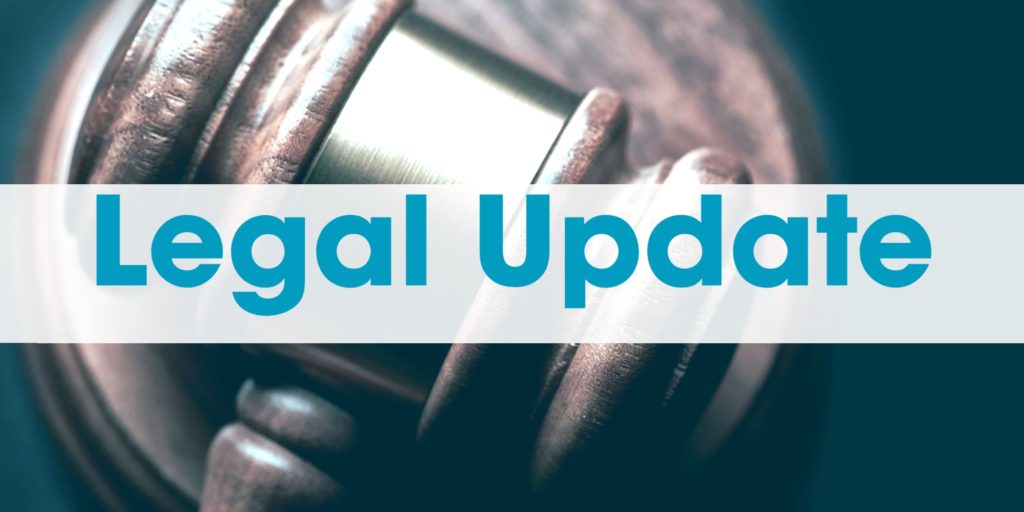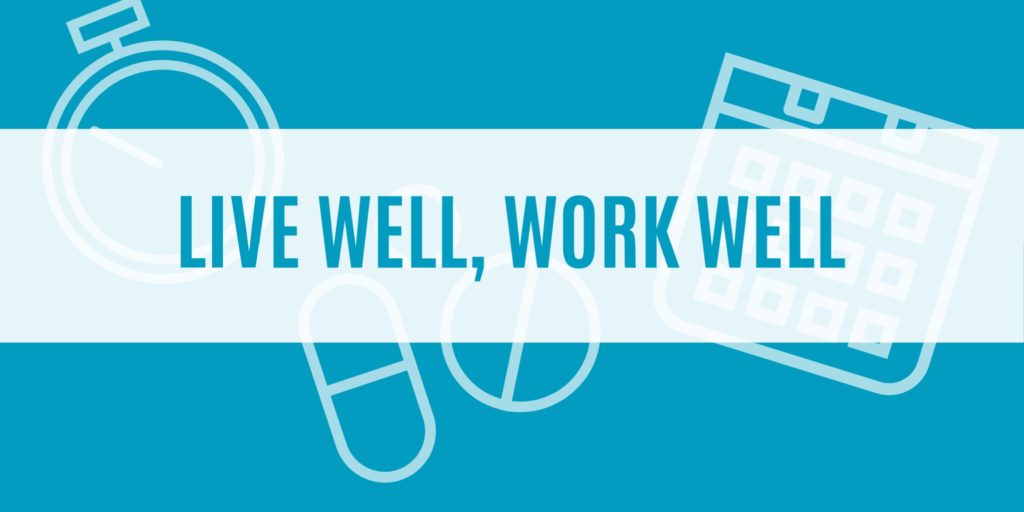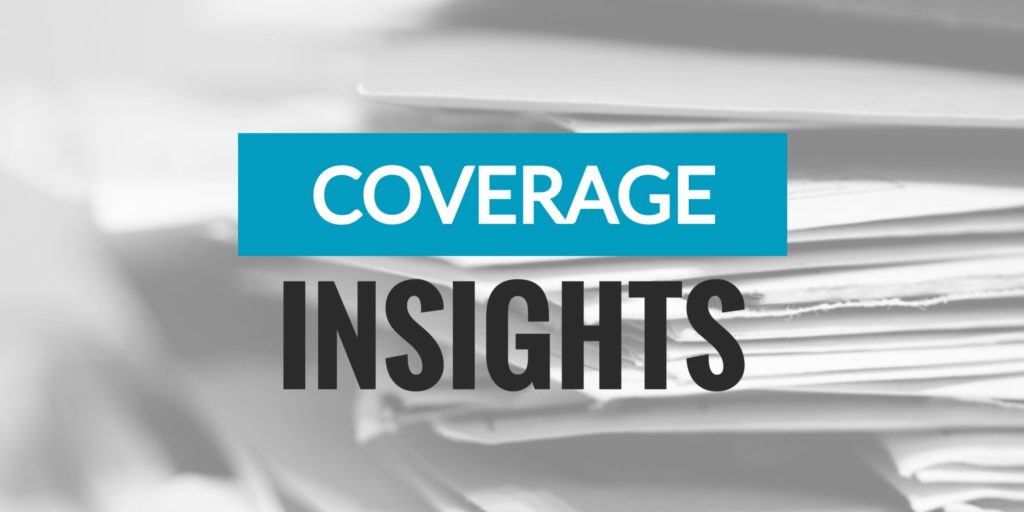15 Jul DOL Issues RFI on Paid Family and Medical Leave
 The U.S. Department of Labor (DOL) is seeking information from the public about the effectiveness of paid employee family and medical leave.
The U.S. Department of Labor (DOL) is seeking information from the public about the effectiveness of paid employee family and medical leave.
In a Request for Information (RFI) issued July 15, 2020, the DOL said it intends to gather information about the effectiveness of current state-and employer-provided paid leave programs, and how access or lack of access to these programs impacts workers and their families.
The RFI explains that “paid leave programs” for its purposes refers to paid family and medical leave to care for a family member’s, or for one’s own, health.
15 Jul The Heart and Mind Connection
 Even though the brain and the heart are located far from one another in the body, they are intrinsically connected and have a significant impact on how each other functions.
Even though the brain and the heart are located far from one another in the body, they are intrinsically connected and have a significant impact on how each other functions.
The two organs communicate via the muscular walls around the heart, which are connected to the brain in the circulatory system. As the brain releases hormones telling the body what to do, receptor cells in your blood vessels pick up these messages. In addition, there are nerve endings that travel from the brain to the muscular walls of the heart. These nerves send messages to the muscle tissue to either relax or contract.
14 Jul Some Draft Forms for 2020 ACA Reporting Released
On July 13, 2020, the Internal Revenue Service (IRS) released draft 2020 forms for reporting under Internal Revenue Code (Code) Section 6056.
2020 draft Forms 1094-C and 1095-C are draft versions of forms that will be used by applicable large employers (ALEs) to report under Section 6056, as well as for combined Section 6055 and 6056 reporting by ALEs who sponsor self-insured plans. Draft instructions for Forms 1094-C and 1095-C have not yet been released.14 Jul Remote Onboarding Checklist
This checklist outlines steps for employers to consider as they plan a remote onboarding process.


 The coronavirus (COVID-19) pandemic has upended the entire world, it seems. With fluctuating infection rates and conflicting official guidance, organizations will need to adapt quickly if they want to succeed in the post-coronavirus landscape.
The coronavirus (COVID-19) pandemic has upended the entire world, it seems. With fluctuating infection rates and conflicting official guidance, organizations will need to adapt quickly if they want to succeed in the post-coronavirus landscape. According to a recent study, more than half of all claims filed for employment-related liabilities are against employers with fewer than 50 employees.
According to a recent study, more than half of all claims filed for employment-related liabilities are against employers with fewer than 50 employees.